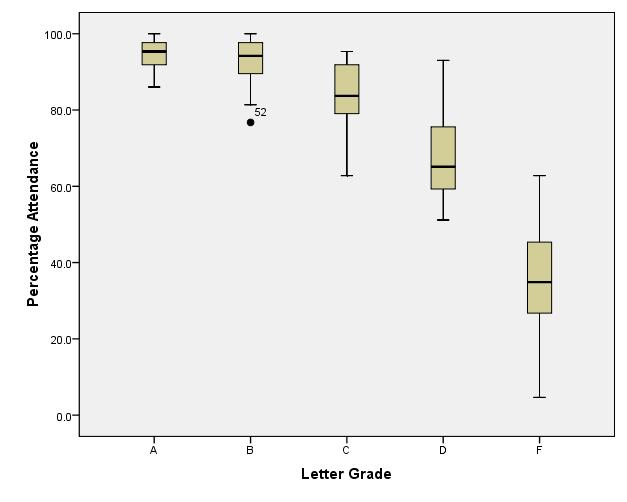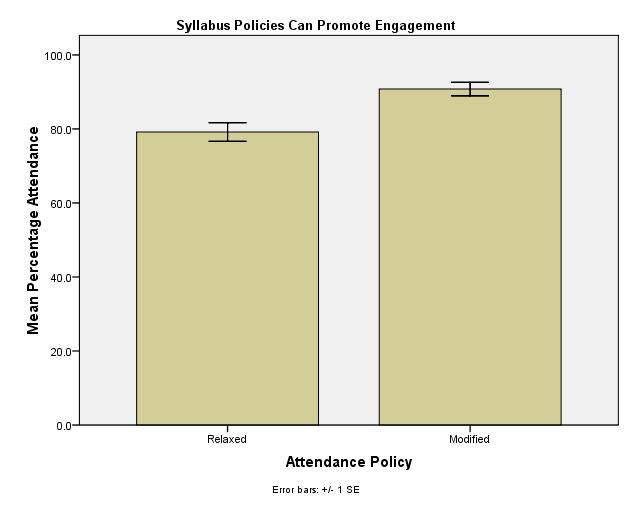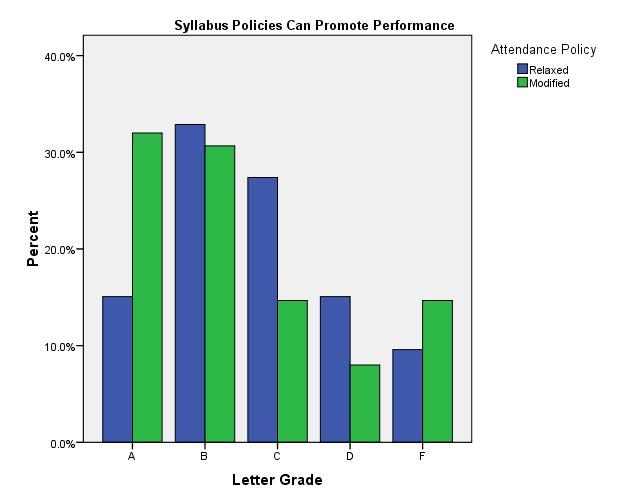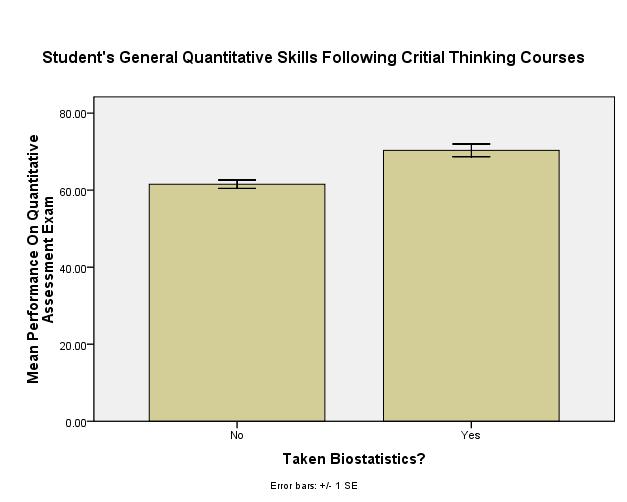|

|
|
|
The Factors
Necessary For
Student Success. |
I am interested in the factors which are important for student's success within complex, integrated subjects, such as Biostatistics and Immunology.
Statistical analysis of course information acquired during my time teaching has been used to understand the factors which are important for student's course performance and subject mastery.
Understanding of the factors which contribute to student's mastery permits simple modification of course structure and subject emphasis, which can in turn promote student's performance and subject understanding. |
| |
|
|
|
UNDERSTANDING THE FACTORS OF SUCCESS
Student's grades within Biostatistics were analyzed to determine which factors contribute to student's performance and subject mastery. The contribution of factors such as attendance, engagement, participation, homework performance and exam grades were studied.
One of the strongest initial predictors and associations with student's final course and exam grades, is attendance.
The box plot to the right shows the median student attendance, for individual final course letter grades. It can be seen that those who achieve an A within Biostatistics have a consistently high average attendance, while students who achieve a failing grade have a low and highly varied attendance rate.
|
 |
| |
Top of Page |
POLICY CHANGES FOR SUCCESS
Once the factors which influence student's mastery of course material are understood, policy changes through the syllabus can be implemented.
Although I have always implemented an attendance policy while teaching at UT, the policy was more relaxed during my initial semesters teaching. After the importance of attendance on success within Biostatistics was appreciated, a more rigorous attendance policy was implemented through the syllabus.
The bar chart to the right shows the class mean attendance between semesters, with an initial relaxed attendance policy and a later more rigorous attendance policy.
From the bar chart, it can be noted that the mean semester attendance increases significantly from 80% to 94% as a result of changes within the syllabus.
Anecdotally, attendance rates can be as low as 50%, in courses without an attendance policy. |
 |
| |
Top of Page |
ENGAGEMENT PROMOTES PERFORMANCE
Promoting attendance within complex subject, such as Biostatistics and Immunology, can increase the number of students achieving higher course grades and can promote subject mastery.
The bar chart to the right shows the proportion of final letter grades achieved by students within two different semesters of Biostatistics.
The chart also indicates that the proportion of students achieving higher letter grades is promoted by an increase in the rigor of course attendance policies (green bars).
It has also been noted that student's exam performances are additionally promoted by increased student engagement, providing regular course assignments and providing ongoing feedback during the course.
|
 |
| |
Top of Page |
| |
|
|
|
Quantitative Skills
In Students |
I am interested in student's quantitative abilities within the College of Natural Sciences & have been working with colleagues to assess quantitative reasoning skills, before and after completion of courses within the division.
It is believed that this information will enable us to better understand current skill sets and to more effectively promote student's quantitative reasoning abilities and to promote a deeper and more extensive understanding of biological subjects. |
| |
Top of Page |
|
|
CRITICAL THINKING PROMOTES REASONING
The quantitative skills of a range of (about 600) students, from multiple biological disciplines, was assessed using an online exam. The exam assessed a broad range of quantitative skills and problem solving abilities.
The bar chart to the right shows the performance of those students who had completed a number of general biology courses, compared to those who had completed biostatistics.
The average performance of students who had completed an applied critical thinking course, significantly outperformed those who had not recently taken a quantitative subject.
The results indicate that emphasizing applied critical thinking skills may promote general problem solving abilities. Additionally it may be important for these skills sets be emphasized and integrated within all biological courses.
|
 |
| |
Top of Page |
|